‘Most archaeological monuments remained safe from militancy’
Italian archaeologist talks about ‘safe’ excavations in the country.
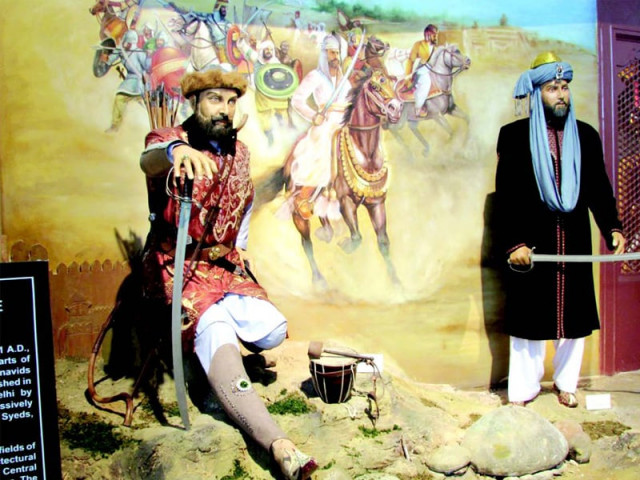
Keeping a low profile about their excavations and preservation efforts saved Italian archaeologists and their work in Pakistan from the unwanted attention of the Taliban.
“No specific archaeological monuments were targeted by the extremists in Swat or adjoining areas,” said Director Italian Archaeological Mission in Pakistan, Dr Luca Maria Olivieri. He was addressing a conference titled “Italian Archaeology in Pakistan-Past and Present” held here at the Quaid-i-Azam University (QAU) on Wednesday.
Talking to The Express Tribune, he said that somehow, the Taliban did not damage the archaeological monuments, give or take a few exceptions. He was pointing to the Fazlullah-led Taliban militants on the 230-feet high, seventh century Buddha, carved in a rock at the lap of a mountain in Jehandad village, Swat.
A veteran archaeologist, Dr Olivieri has been involved with Italian Archaeological Mission in Pakistan for over 25 years. He said all archaeological objects excavated from Pakistan have been kept at different museums in the country since 1977, after the Italian government abolished an agreement to export a sample of the excavated objects to museums in Rome.
“After the first twenty years of the mission in Pakistan in 1955, the Italian government decided to keep the excavated objects in the source countries. Therefore, no object excavated after 1977 was shifted to Rome,” said Dr Olivieri.
He added that with the assistance of the Italian government, the Swat Buddhist Museum will be reconstructed and will be opened to the public by November 2012.
In his welcome address at the conference, QAU Vice-Chancellor Prof Dr Masoom Yasinzai praised the active cooperation of Italian archaeologists and revealed that over 400 historical and archaeological sites had so far been documented by the Italians in Pakistan.
Dr Ashraf Khan, Director Taxila Institute of Asian Civilizations (TIAC), said that the Italian Archaeological Mission’s activities in Pakistan, especially Swat, have played a very significant role in bringing this area on the map of the known archaeological sites of the world.
“[Our] Italian colleagues have not only succeeded in bringing to fore one of the world’s vibrant culture but they have presented a good image of Pakistan across the world as well,” he added.
Italian Ambassador, Vincenzo Prati said, “The knowledge of past that we get through the archaeological sites should project our future.” He said that Italy wants to see Pakistan as a strong country, “We want to see Pakistan as an economically stable country and that is why Italy has invested in many projects in Pakistan.”
The conference was organised by the TIAC and QAU in collaboration with the Embassy of Italian Republic. The event was a part of the 65th anniversary celebrations of the Italian Republic and the 150th anniversary of the Italian unification.
Dr Valeria Fiorani of Catholic University of Italy and a large number of faculty members of QAU attended the conference. Khyber-Pakhtunkhwa Minister for Archaeology, Culture and Sports Mohammad Aqil Shah was also present on the occasion.
Published in The Express Tribune, June 2nd, 2011.

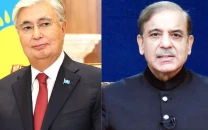
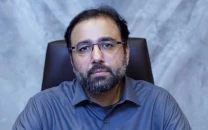
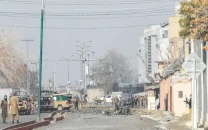
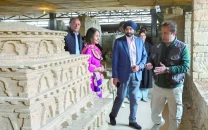
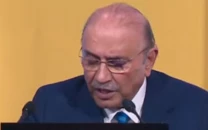













COMMENTS
Comments are moderated and generally will be posted if they are on-topic and not abusive.
For more information, please see our Comments FAQ